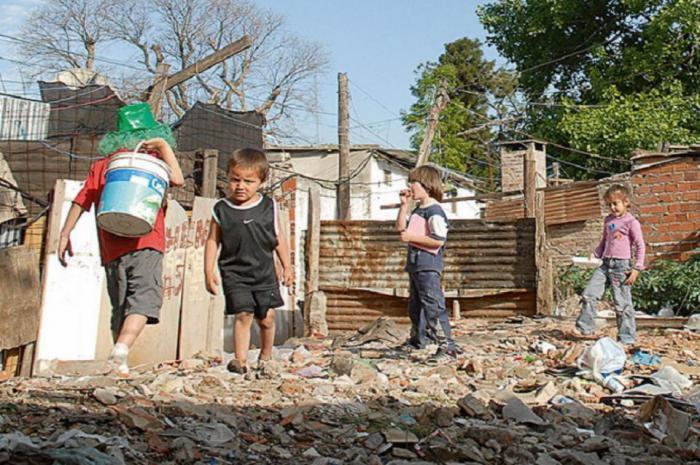
Economic sanctions imposed unilaterally by some States do kill. This was recalled by a publication of Misión Verdad, based on a study by the journal The Lancet Global Health.
The analysis - led by economists Francisco Rodríguez, Silvio Rendón and Mark Weisbrot, and supported by data from 152 countries - states that these restrictive measures "imposed by the United States or the European Union were associated with 564,258 deaths per year between 1971 and 2021".
Although the stated objective is to force behavioral changes, according to the researchers, "all economic sanctions ultimately function as health sanctions," affecting access to medical services, food security and socioeconomic development, which especially harms "children, women and the most marginalized populations."
Another article published in the journal reveals that, as a result of sanctions, there has been a "3.1% increase in infant mortality and a 6.4% rise annually in maternal mortality between 1990 and 2019."
It argues that the increase in sanctions has been steady since 1950, according to the Global Sanctions Database. However, "their success rate in achieving the stated goal remains at around 30%".
Mission Truth exposes that "Venezuela, subject to sanctions as of 2017, recorded between 2012 and 2020 an economic contraction of 71 %, and shortage peaks that directly affected the availability of oncological treatments and retrovirals. In Iraq, the embargo imposed after the invasion of Kuwait coincided with the death of more than 500 000 children during the 1990s, according to Unicef," he underlines.
"Syria accumulated successive rounds of sanctions since 2011, reinforced with the Caesar Law, in 2020, and today has 90% of its population below the poverty line."
In the case of Cuba, according to the latest report presented to the United Nations, just four months of blockade "is equivalent to the financing required to cover the needs of the country's basic list of medicines for a year".
"For countries under sanctions, induced shortages are not a surgical intervention but a sustained form of coercion. With an additional 564 000 deaths per year, the label of 'non-violent measure' collapses," the publication reads.








